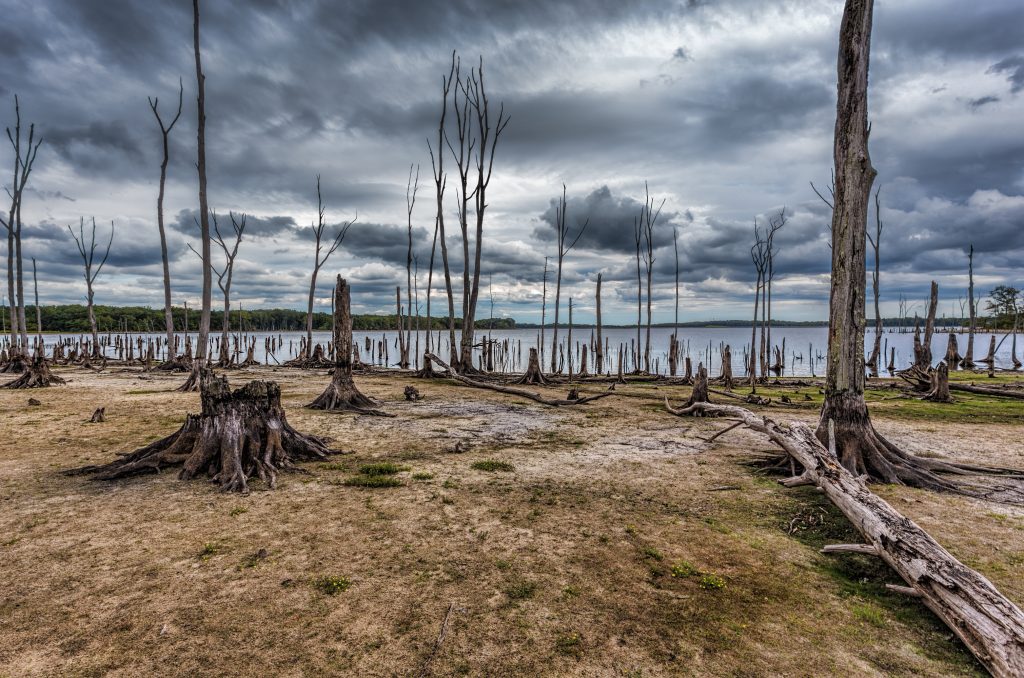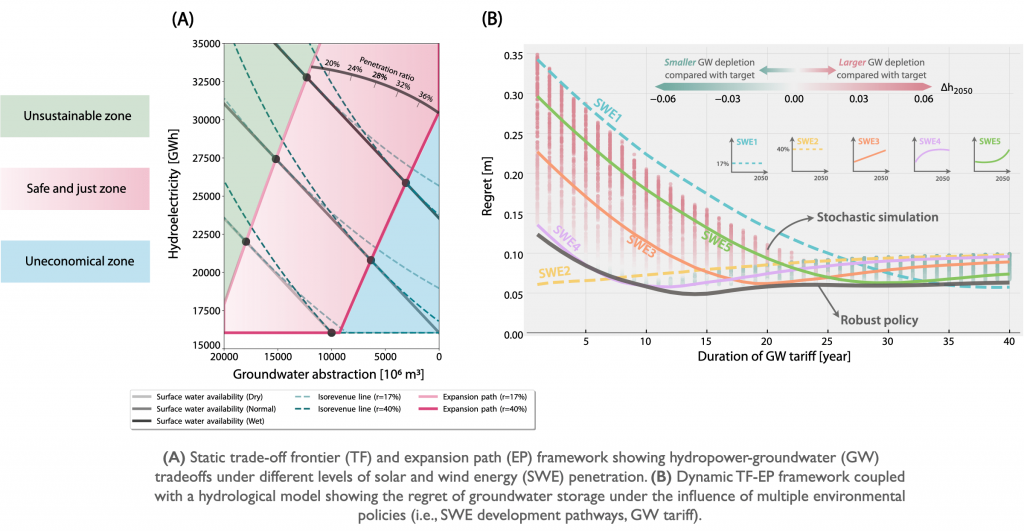-
-
- Bridging Scales from Below: The Role of Heterogeneities in the Global Water and Carbon Budgets
- Increasing Occurrences of Cyanobacterial Blooms Driven by Climate Change Factors
- Carbon Capture and Utilization
- Integrated Coastal-Inland Flood Model for Climate Change
- Pathways for Sustainable and Climate-Resilient Planning of Water-Energy-Food Security Nexus
-
- Air Quality and Health: A Paradigm Shift
- Surface Water Quality and Emerging Contaminants
- Microbial detoxification of persistent organohalide pollutants (POPs)
- Nutrients Removal in Waterbodies via Sustainable Pathways
- Centre for Water Research (CWR) researchers join their forces with U of T researchers for microplastics pollution detection and control in water and wastewater
- Dealing with Hard-To-Treat Industrial Wastewater
- Valorization of Bioresources – Towards a Circular Economy
-
- Intelligent Traffic Diffusion Plan Generation, Effective Assessment and Dissemination Strategies
- Transforming Waste into Resources for Infrastructural Development
- Look-Ahead Integrated Geophysical Investigation System (IGIS) for Singapore Tunnels
- Next-Generation Airport Pavements with Full-Scale Instrumented Testing
-
- Centre for Advanced Materials and Structures (CAMS)
- Centre for Hazards Research (CHR)
- Centre for Resilient Underground Infrastructure and Engineering (CRUISE)
- Centre for Transportation Research (CTR)
- Centre for Water Research (CWR)
- Centre for Resource Circularity and Resilience (CR)2
- Centre for Offshore Research and Engineering (CORE)
- Centre for Environmental Resilience (CES)
- Safety & Health Committee
- Completed Research Projects
- Research Brief
- Achievements (in the media)
Pathways for Sustainable and Climate-Resilient Planning of Water-Energy-Food Security Nexus

One of the biggest challenges for humankind is how can we ensure a future with sustainable water food, and energy under the unprecedented threat of climate change? The cross-scale interactions, from local levels to the global scale, between climate and human systems contribute to the intertwined relationship among water, food, and energy (WFE). There is no silver bullet or single solution to this problem and research in both engineering and policies is needed to gain a broad and interdisciplinary perspective on WFE-related issues.

The overall goal of this research at NUS is to develop a climate-resilient and smart platform to better understand the impact of hydrological extremes (i.e., droughts, floods) on the interlinked WFE systems using a novel integrative approach that includes both direct and indirect impacts, and develop a more holistic framework for managing risks, leveraging on recent proliferation of geospatial big data and methodological advances in biophysical models, machine learning techniques, and socio-economic sciences. Currently, no such frameworks are available for managing risks and impacts arising from hydrologically related natural hazards, especially taking into account their scaling effects and the role of interconnected infrastructures. The framework is locally applicable (e.g., Singapore) and can be extended to regional (e.g., Southeast Asia) and even global scales to support decisions related to disaster preparedness, water resources management, energy infrastructure design and investment, agricultural practices, among many others. This platform will specifically benefit Singapore, whose WFE and economic sectors are likely to be more vulnerable to future intensified droughts and floods because of climate change, due to its high dependency of international trade to meet domestic WFE demand as well as the potentially heightened risk of supply chain disruptions outside of Singapore (such as the 2011 floods in Bangkok). Furthermore, the tools and datasets hosted by this platform can be tailored to meet the local needs of Singapore’s various business and industry sectors (e.g., banks, insurance, energy finance, agricultural business) to help them develop smart climate risk management strategies, and therefore enhance proactive risk identification and boost their resilience to short-term shocks as well as long-term climate change. This will further strengthen Singapore’s national security beyond its WFE sectors, as the enhanced regional resilience (e.g., the entire Southeast Asia) can help mitigate possible regional conflicts and displacements between Singapore and neighboring countries, due to anticipated future disruptions of WFE supplies resulting from hydroclimate shocks.
For more details, please contact:
Dr He Xiaogang
Email: hexg@nus.edu.sg

